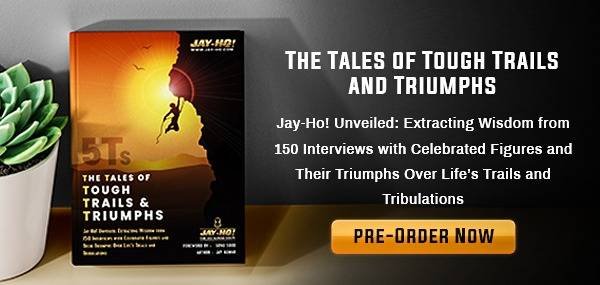When a show comes with the Alien name attached, you already expect a certain level of tension, atmosphere, and sheer sci-fi horror brilliance. But Alien: Earth doesn’t just deliver that—it takes it, turns it up to eleven, and makes you feel like the air in your living room just got thinner. This isn’t a casual watch; it’s the kind of series where your knuckles stay white and you keep glancing at dark corners of the room.
The premise sounds deceptively familiar—Earth, a future that’s both technologically advanced and deeply fractured, and humanity facing a threat it’s nowhere near prepared for. But the execution? That’s where Alien: Earth shines. It’s not just about Xenomorphs jumping out from the shadows; it’s about the slow, creeping realization that survival might not even be the best possible outcome.
Atmosphere That Gets Under Your Skin
From the very first episode, the series builds a mood that refuses to let you relax. The lighting is all dim corridors and flickering panels, the sound design is so sharp you swear you can hear something breathing just behind you, and the pacing keeps you hanging in that perfect sweet spot between dread and curiosity.
There’s also a constant sense of wrongness in the world the show builds. Even before the first real alien threat appears, you feel unsettled. The streets are quiet, the skies feel heavy, and every conversation is loaded with subtext. This is world-building done right—immersive, believable, and designed to keep your nerves on edge.
Characters You Care About (And Fear For)
One of the smartest things Alien: Earth does is focus on people first, creatures second. You’re introduced to characters who feel real—flawed, stubborn, brave, terrified. There’s the resourceful ex-military engineer who’s clearly running from more than just aliens, the scientist whose curiosity might be her undoing, and a handful of everyday civilians trying to survive a nightmare they don’t fully understand.

This human focus means that when the horror does hit, it hits harder. You don’t want to see these people ripped apart, physically or emotionally—but the show makes no promises about who will make it to the end.
Horror That Creeps and Pounces
Alien: Earth doesn’t just rely on jump scares—though it has a few that will make you spill your drink—it’s the kind of horror that seeps into your bones. You’ll get long stretches of quiet, where you’re scanning the frame for any hint of movement, followed by sudden, brutal moments that remind you why the Alien franchise has always been in a league of its own.
And yes, the creatures are terrifying. They’re not overused, which makes every appearance count. The blend of practical effects and CGI makes them feel tactile, like they could actually be in the room with you.
Why This Series Works
What makes Alien: Earth special is that it respects its audience. It doesn’t spoon-feed explanations, it doesn’t overdo the action, and it knows when to let silence do the talking. It feels like a natural evolution of the Alien universe, but it also works as a standalone piece of TV horror.
This is a show that understands the real terror isn’t just the alien in the shadows—it’s the moment you realize the humans around you might be just as dangerous. Alliances shift, trust is fragile, and survival often means making choices that will haunt you.
Jay-Ho! Power Point
Alien: Earth isn’t here to comfort you. It’s here to unsettle you, to pull you into a world where dread is a constant companion, and to make sure you never look at a dark hallway the same way again. If you want glossy, feel-good sci-fi, this isn’t it. But if you want a tense, beautifully crafted, and deeply unnerving ride, this is your ticket.























